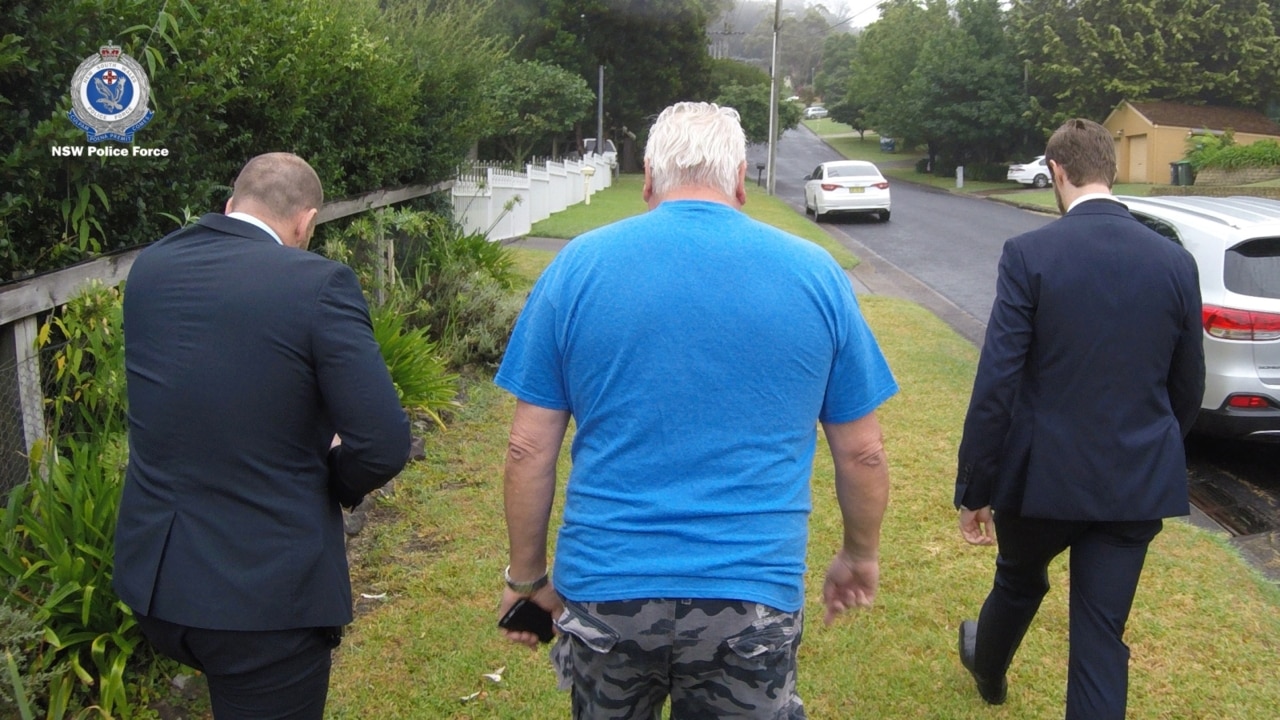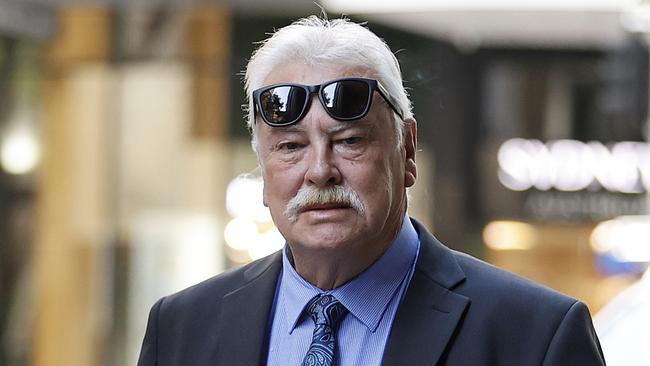Prison guard appeals convictions after raping 10 female inmates
A former prison guard has launched an appeal after he was jailed for 23 years for sexually abusing 10 inmates, including a pregnant woman.

Breaking News
Don't miss out on the headlines from Breaking News. Followed categories will be added to My News.
A former prison guard has launched an appeal against his convictions for sexually abusing 10 inmates, including a pregnant woman, at a women’s jail over several years.
Wayne Gregory Astill was sentenced to 23 years in prison last year after he was convicted of 34 charges, including aggravated sexual assault and indecent assault.
He was found guilty of 27 charges related to non-consensual conduct but admitted to seven counts of misconduct in office related to inappropriate consensual sexual acts.
The jury found he sexually assaulted 10 prisoners, one of whom was pregnant at the time, while he was stationed at Dillwynia Correctional Centre in northwestern Sydney.

On Wednesday, Astill wore a black suit and a blue shirt with his hair neatly combed as he appeared in the Court of Criminal Appeal to contest his convictions and sentence.
His barrister Tomislav Bicanic argued the trial judge, District Court Judge Gina O’Rourke, had erred when she delivered a tendency direction to the jury.
During the trial, the Crown prosecutor argued the evidence demonstrated Astill had a tendency to make sexually suggestive comments, put himself in a position where he was alone with women, and engage in sexual acts without consent.
Mr Bicanic told the court the Crown had relied upon evidence that “varied widely in terms of severity or seriousness” and included accounts of conduct for which Astill had not been charged.
He argued Judge O’Rourke should have given further direction to the jury about how they should think about the tendency evidence in order to avoid “reasoning errors”.

Without that explicit guideline, Mr Bicanic said it was open for the jury to rely on a charge against Astill as evidence of his tendency to engage in those behaviours.
However, Justice Richard Button noted Judge O’Rourke had reminded the jurors they were entitled to consider whether a victim’s account was supported by external evidence.
Mr Bicanic contended her reminder didn’t go far enough towards closing off an “impermissible line of inquiry” because jurors “weren’t told they can’t reason in another way”.
Justice Button queried whether such a warning would have triggered the “Barbra Streisand effect”, in which trying to hide or prohibit something leads to it becoming more prominent.
“It’s not to say your further direction could not be given … but the real question is was it necessary to be given?” he asked.

Crown prosecutor Elizabeth Nicholson said it wasn’t necessary because the jury had been “correctly directed” by Judge O’Rourke, who had “made it abundantly clear” they must not find Astill guilty unless they found the victims’ testimony proven beyond a reasonable doubt.
Making the direction suggested by Mr Bicanic could have led the jury to “approach the verdict in an erroneous manner”, she maintained.
Astill’s lawyer also argued the jury should have been told to assess the charges for tendency before determining whether each offence had been proven beyond a reasonable doubt.
He argued Judge O’Rourke’s tendency direction had “risked undermining the standard of proof by asking the jury … to assess the evidence on two levels”.
If the jury found tendency wasn’t established, Mr Bicanic asserted they couldn’t possibly find him guilty of the criminal acts beyond a reasonable doubt, and they should have acquitted him.
However, Ms Nicholson argued the process would have been lengthy, unwieldy, and disproved by a recent High Court decision.

She argued the jurors were given “very clear instructions multiple times as to the standard and onus of proof”.
“The jury clearly understood those directions,” the Crown prosecutor said.
“There cannot be a miscarriage (of justice or) a practical disadvantage to the applicant in circumstances where the jury is considering the same body of evidence.”
She argued there had been no miscarriage of justice, and Astill’s convictions and sentence should stand.
In addition to fighting Astill’s convictions, Mr Bicanic also lodged an appeal against his client’s 23-year jail sentence, which he told the court was manifestly excessive.
Chief Justice Anthony Bell, Justice Kristina Stern, and Justice Button will deliver their decision on the appeal at a later date.
Originally published as Prison guard appeals convictions after raping 10 female inmates



